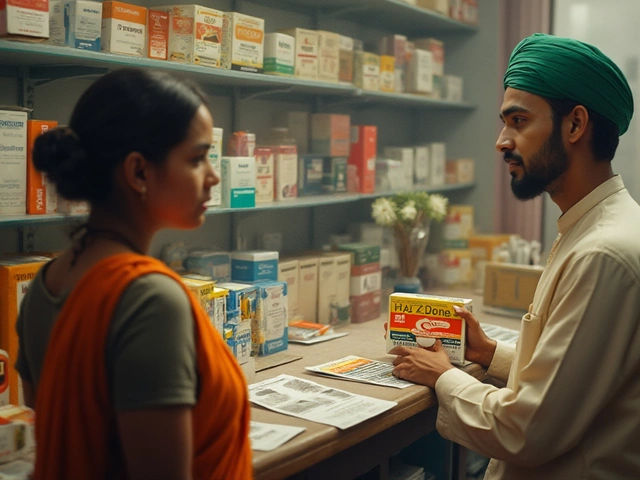Uncurable Cancers – What You Need to Know
When you hear the word “uncurable,” you probably picture a doom sentence. In reality, the term just means that current medicine can’t erase the disease completely. It doesn’t mean there’s no help, no hope, and certainly no way to keep life as comfortable as possible.
Which Cancers Are Often Called Uncurable?
Most of the cancers labeled uncurable are those that spread fast, hide in the body, or resist every drug we have. In India, doctors frequently mention pancreatic, glioblastoma (a brain tumor), and metastatic liver cancer as tough cases. These cancers show up late, when symptoms are already severe, and they grow in places that are hard to reach with surgery or radiation.
Pancreatic cancer, for example, often looks like vague stomach pain or a loss of appetite. By the time imaging spots it, the tumor has usually invaded nearby vessels, making surgery risky. Glioblastoma starts as a small lump in the brain, but within weeks it spreads into healthy tissue, which prevents a clean removal.
Even cancers that start out curable can become uncurable if they’re caught late or if they spread (metastasize) to other organs. Breast cancer that jumps to the bones or lungs, for instance, shifts from a treatable disease to a chronic condition that needs ongoing control.
Living With an Uncurable Cancer: Practical Tips
Being told a cancer is uncurable can feel like a wall, but you can still break through with the right actions. First, focus on palliative care. This isn’t just end‑of‑life support; it’s a team that manages pain, nausea, fatigue, and emotional stress right from diagnosis.
Ask your doctor about clinical trials. New drugs, immunotherapies, and targeted therapies are constantly entering the market. Even if a trial doesn’t promise a cure, it might shrink the tumor or slow its growth, buying you months or years of better health.
Nutrition matters more than ever. Small, frequent meals that are high in protein can help ward off muscle loss. Stay hydrated, and avoid sugary drinks that can fuel inflammation.
Don’t ignore mental health. Talking to a counselor, joining a support group, or simply sharing worries with friends can lower anxiety and improve coping. Many patients find that a daily mindfulness routine keeps pain perception lower.
Finally, set realistic goals. Instead of aiming for a cure, aim for milestones: attending a family gathering, completing a favorite hobby, or simply getting out of bed without medication. Celebrate each win – they add up and keep motivation high.
Uncurable cancers are a harsh reality, but they don’t dictate every day. With palliative care, new treatments, proper nutrition, and strong emotional support, you can shape a life that feels richer, not just longer.

Which Cancers Are Not Curable? Understanding Cancer Prognosis and Survival
Wondering if any cancer is truly incurable? This article breaks down which cancers are hardest to beat, why some resist treatment, and what hope really looks like.




